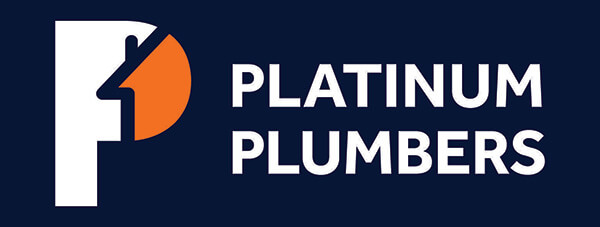 Now that September has moved in, the cooler weather is already making its presence felt. While it may not be cold enough for the heating just yet, it’s only a matter of time. Now may also be a good time to have your boiler serviced, if you haven’t already done that over the summer, and your heating checked to avoid any nasty surprises when it does turn cold enough to switch it on. With lots of different types of heating systems on the market, this month we are looking at the most common ones found in most people’s homes.
Now that September has moved in, the cooler weather is already making its presence felt. While it may not be cold enough for the heating just yet, it’s only a matter of time. Now may also be a good time to have your boiler serviced, if you haven’t already done that over the summer, and your heating checked to avoid any nasty surprises when it does turn cold enough to switch it on. With lots of different types of heating systems on the market, this month we are looking at the most common ones found in most people’s homes.
Regular or condensing boiler
Most older homes will have what’s known as a regular, also called a condensing, boiler. They work in tandem with a water storage tank from which they draw water. These tanks, also called feed and expansion tanks are typically located in the attic, high above the boiler. Using gravity, water is drawn into the boiler and heated then pumped through the pipes into your heating system and to your taps.
While it is a more old-fashioned heating system, it is still widely used because it is so straightforward and so efficient. It is ideal for larger homes that may have higher demand for hot water simultaneously. They are also easy to replace when it becomes necessary as there is less need to replace pipework.
However, the downside is that it takes up more space, and unless it is well insulated it can lose a lot of heat.
System boiler
Unlike a regular or condensing boiler, a system boiler draws water from the mains. It does not need a cold-water storage tank although it does still need a hot water cylinder to store the heated water in. This means that it needs less space, making it suitable for smaller homes with fewer storage options. With fewer parts and less space required it is easier to install, although on the downside it is a more expensive option. That said, it is compatible with solar panels if you already have them or are considering installing them.
Combi boiler
Combi boilers work by producing hot water on demand both for your radiators and your hot water taps. They take their name from the combination of boiler, hot water cylinder and hot water tank although they are a fraction of the size of a regular boiler. This makes them an increasingly popular option for urban householders. They work by drawing water from the mains and heating it as and when you need it.
Their disadvantage is that, like system boilers, they are not as efficient at providing hot water to multiple taps at the same time. Their performance is also reduced where the water pressure is low. They are also a more expensive option, but as with system boilers they will work with solar heating systems.
If you need a boiler or heating system inspection or service, or are considering upgrading or replacing your boiler system, just talk to our Platinum Plumbers team. Get in touch with us by phone on 020 8855 0361 or on email at for a chat or to book an appointment.

